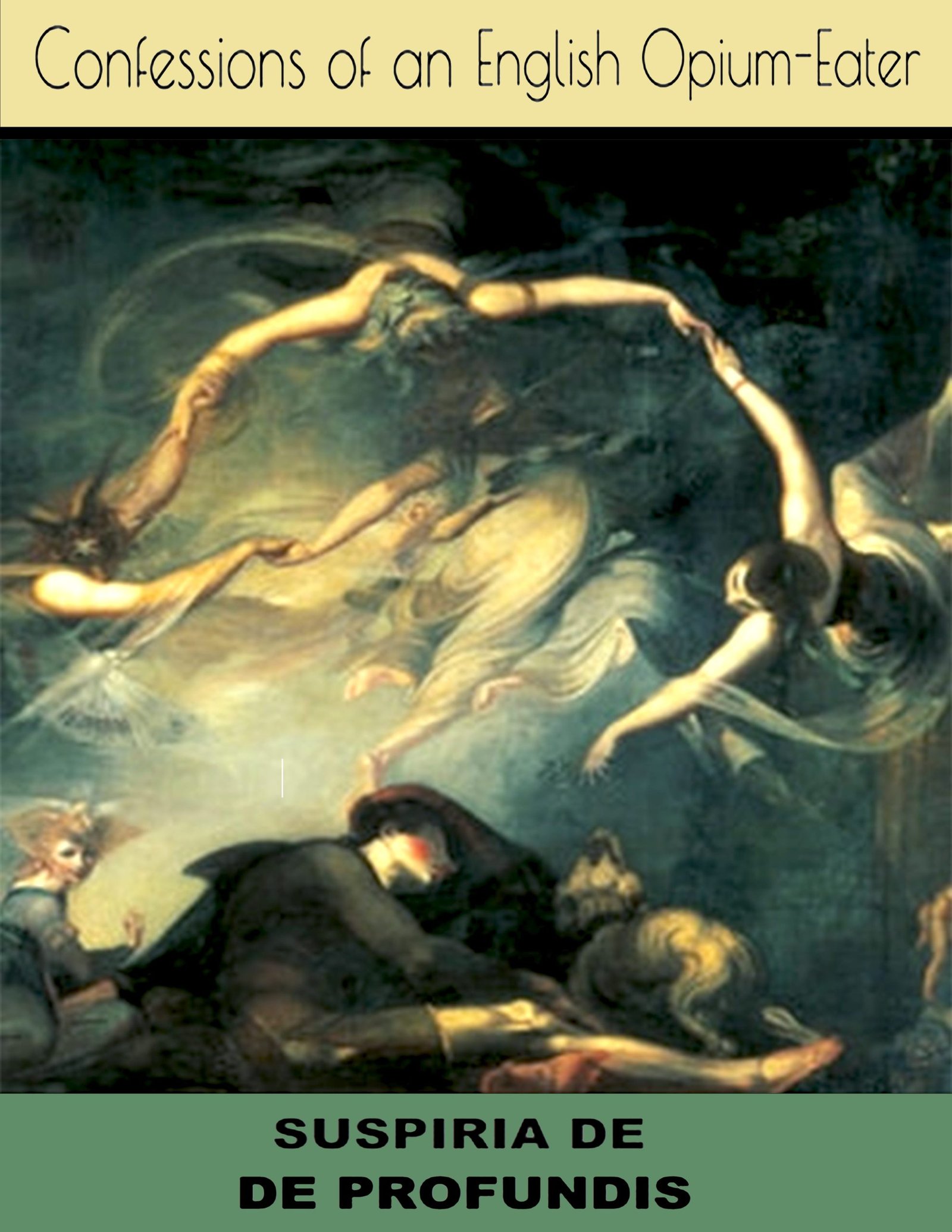
Confessions Of An English Opium Eater & Suspiria de profundis
(Thomas De Quincey, 1821-1845)
Before beat writer William S Burroughs, shattered obscenity laws and carved out his legacy with honest tales of being a junky, Thomas De Quincey beared his soul for the world to see in one of the first autobiographies on addiction in 1821 with Confessions Of An English Opium Eater. In this prose-filled collection, De Quincey deconstructed stigmas around drug users, casting a new light on the perception of an addict at the time. Despite public’s outcry for casting “sympathy over the addict”, it single handedly launched the drug memoir genre that remains popular today. For the next two decades, the writer would avoided controversy with a career in essay writing before releasing a collection that eclipsed his debut. Suspiria de profundis reunited the writer with the subject of drugs, swapping an autopsy of a tortured soul suffering from addiction with a new interest in psychedelic drugs. Using a similar style to Confessions Of An English Opium Eater, he examined how memories interact with hallucinogenics, which was ground-breaking at the time. Weaving in tales of magic, science, and mythology, the book influenced artists across the spectrum, from Argentinian short writer Jorge Luis Borges to giallo horror auteur Dario Argento. We’re proud to present these milestones in drug literature from one of its first luminaries.


